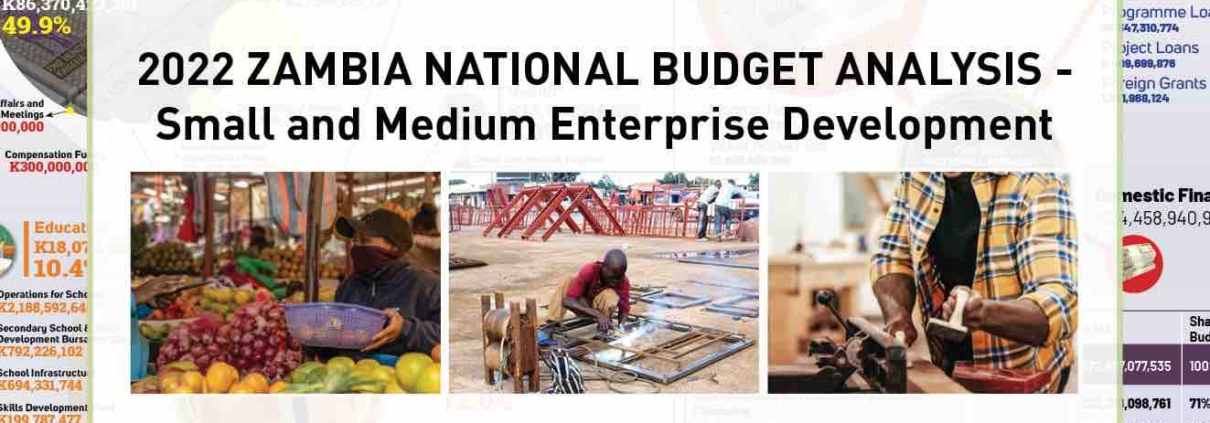The manufacturing sector has played a key role in the realization of Zambia’s economic growth and development as well as the country’s industrialization agenda. The contribution of Zambia’s manufacturing sector to GDP remained stable over the period 2015-2019 with an average of about 7.9%. The high cost of doing business, an unstable macroeconomic environment and the COVID-19 pandemic resulted in the shrinking of the manufacturing sector by 4.6% in the second quarter of 2020. The sector requires urgent attention and stimulation.
Government recognizes that the manufacturing sector will play a key role in job creation and economic growth. In the 2022 budget, Government will support value addition of products from the agriculture, forestry and mining sectors. Further growth in the sector will be promoted by facilitating trade and investment as well as increasing the competitiveness of Zambian products.
Related to the manufacturing sector, Government proposes to suspend corporate income tax for persons carrying on the business of manufacturing ceramic products for the charge years 2022 and 2023 in order to facilitate the entry of new players into the industry.
To promote manufacturing through Multi-Facility Economic Zones and Industrial Parks, Government proposes the following:
- Reduction in the investment threshold for a Zambian citizen to qualify for tax incentives under the Zambia Development Agency Act No.11 of 2006 to US$50,000 from US$500,000 for those intending to operate in a multi facility economic zone or industrial park.
- Introduce zero percent tax for a period of 10 years from first year of commencement of works in a Multi Facility Economic Zone or Industrial Park, on dividends declared on profits made on exports by companies operating in these economic zones.
- Introduce zero percent tax for a period of 10 years from first year of commencement of works in a Multi Facility Economic Zone or Industrial Park, on profits made on exports by companies operating in these economic zones. For years 11 to 13 only 50% of profits should be taxed and 75% of profits for years 14 and 15.
PMRC welcomes these policy decisions as they could attract more local investors to move their operations to any of the MFEZs across the country. Ultimately, they will encourage further participation in the manufacturing sector and contribute to Zambia’s economic growth.




